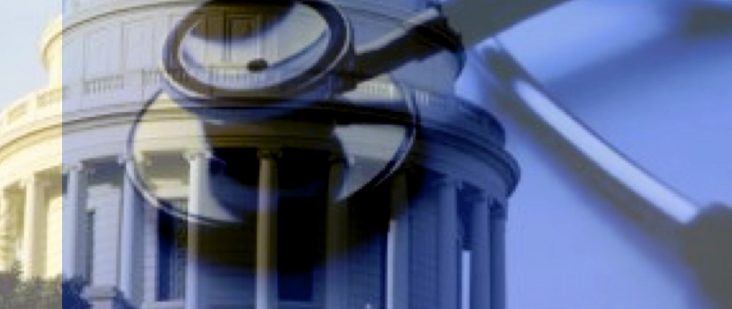Consultant says making beneficiaries pay a little could be a private option option
by November 10, 2015 2:43 pm 175 views

Arkansas should consider requiring recipients to pay part of their health care costs or risk losing their coverage in its next version of the private option – if the federal government will let it do so. If so, it could learn from the experiences of other states, said a consulting group to legislators Tuesday (Nov. 10).
The so-called lockout provision was among those discussed by The Stephen Group, the consultant hired by the Health Reform Legislative Task Force, which will present proposed changes to Medicaid and the private option by the end of the year. Medicaid is the state-run program for the state’s poor, aged and disabled residents. Through the private option, the state purchases private insurance using Medicaid dollars for Arkansans with incomes of no more than 138% of the federal poverty line.
The Stephen Group has suggested that Arkansas include a lockout provision in its next version of the private option, if a next version exists. That provision would require higher-income recipients of the private option to pay part of their health care costs or risk losing their benefit. The benefit is now free. Any such provision would require permission from the federal Centers for Medicare and Medicaid Services. John Stephen, founder of The Stephen Group, said it’s questionable whether CMS would do that, considering it recently rejected a lockout request by Pennsylvania.
Indiana does have a lockout provision in its federal waiver as a result of a demonstration project that has been in place since 2007. In the Healthy Indiana plan, beneficiaries with incomes of 100-138% of the federal poverty line contribute about 2% of their income toward a POWER account that pays for the first $2,500 of covered medical expenses. Those who do also receive vision and dental benefits. Those who fail to pay within 60 days are disenrolled and are “locked out” from re-enrolling for six months.
The result, Stephen said, is a 94% payment compliance rate. Of the 27,828 enrollees with incomes above 100% of the federal poverty level, 848 failed to make their payment from Feb. 1, 2015 to July 31, 2015, and were disenrolled.
CMS on Nov. 2 approved a five-year waiver for Montana allowing that state to charge premiums of 2% of income for individuals with incomes from 50-133% of the poverty level who are not medically frail. However, only individuals with incomes of at least 100% of the poverty level can be disenrolled, and rather than being locked out, they can re-enroll as soon as they have paid the money they owe.
While Indiana’s efforts have been largely successful, earlier efforts saw more disenrollees. In 2003, Oregon tried a lockout provision for non-payment of premiums and saw a 46% drop in participants in its Oregon Health Plan, with 22% saying that owing back premiums was one reason they left the program. When Rhode Island tried a lockout provision in 2002, within three months 18% of the families who were required to pay premiums were locked out.
